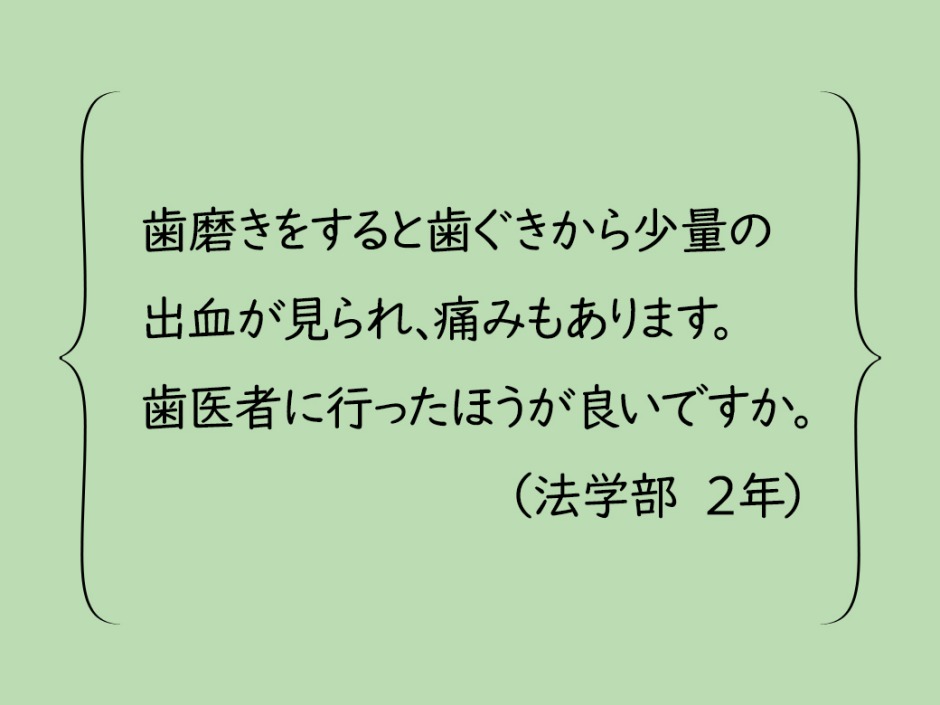
Uno:Public Health Nurse Health Care Room Health Support Center
With a busy schedule due to studying, student club activities, part-time work, job hunting, etc., your daily rhythm may become irregular and you may neglect your meals and sleep. Accumulating fatigue can weaken your immune system and make you more susceptible to infections such as colds, and worsening periodontal disease is no exception.
Periodontal disease increases the risk of many diseases
The most common cause of permanent tooth loss is periodontal disease, accounting for 37% of all cases. Periodontal disease is a disease in which toxins from periodontal bacteria in plaque* cause inflammation of the gums, and as it progresses, the bone that supports the teeth dissolves, eventually causing the teeth to fall out. If left untreated, it can cause bacteremia, a condition in which bacteria enter the bloodstream. If bacteria are not sufficiently eliminated by the immune response and become established in the body, it has been reported that this is associated with various systemic diseases (diabetes, angina, myocardial infarction, cerebral infarction, etc.) as well as low birth weight and premature birth during pregnancy and childbirth.
(*) A white deposit made up of bacteria and their products.
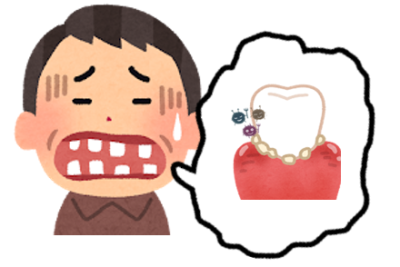
Daily oral care is the basis for preventing periodontal disease
The basis for preventing periodontal disease is to remove plaque by brushing your teeth every day. In addition to brushing your teeth after meals, before going to bed, and when you wake up, make it a habit to regularly use interdental brushes and floss.
If you experience symptoms such as pain or swelling in your gums, or bleeding when brushing your teeth, be sure to have a dental checkup. Dentists and dental hygienists will examine the condition of your teeth and gums, remove plaque and tartar that you cannot remove yourself, clean your teeth, and give you advice on how to brush your teeth. Until high school graduation, dental checkups are part of school health checkups, making it easier to detect and treat abnormalities early, but after high school graduation, you will need to voluntarily undergo dental checkups and continue maintenance.
In addition to the above, improving your lifestyle, such as reviewing your diet, taking care of your stress level, and quitting smoking, are also effective in preventing periodontal disease.
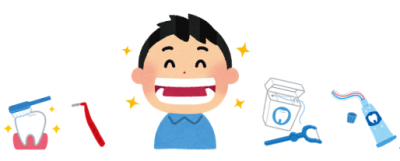
Get a dental checkup to keep your teeth and mouth healthy
Here's how to get a dental checkup.
1. At a dental clinic
You can make an appointment at a dental clinic (either at your own expense or covered by insurance).
You may also be able to receive dental checkups for free or at a low cost if you use the "dental checkup coupon" you receive from your local city, town, or village. The age range, timing, location, items, and cost for which coupons are distributed vary depending on the local government, so please check the website of each local government for details.
2. Receive a free dental check-up every October for members of the Waseda University Waseda University Student Health Promotion Mutual Aid Association.
Reviewing your lifestyle habits is the starting point for improving your health. Instead of dealing with problems after they appear, try to get regular dental checkups and start from the prevention stage. First of all, why do not think about your dental and oral health habits?
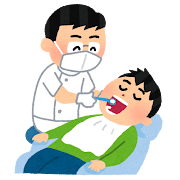
[References]
・ Ministry of Health, Labor and Welfare Health information site for preventing lifestyle-related diseases
・ March 15, 2019 2nd Meeting on the Health and Medical System for Pregnant Women The Importance of Oral Health Care for Pregnant Women
・ Japan Dental Association Theme Park 8020: Everything you need to know about teeth and mouth
・ 8020 Promotion Foundation, Public Interest Incorporated Foundation, 2nd Investigation Report on the Causes of Permanent Tooth Extraction 8020 Promotion Foundation, 2018.P8

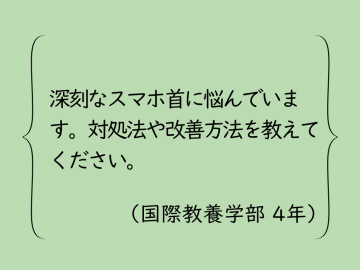

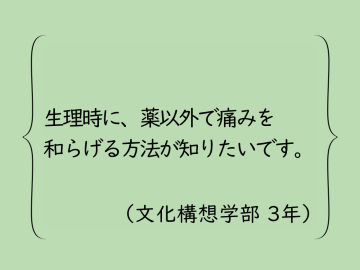
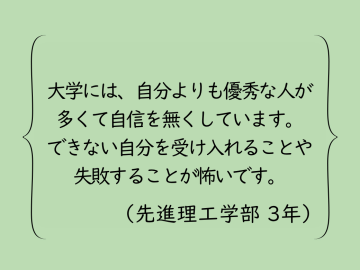

![[Save version] Map of the four main campuses](https://www.waseda.jp/inst/weekly/assets/uploads/2025/09/17cb2975123fc5103172ef60bd98608d-610x458.jpg)

